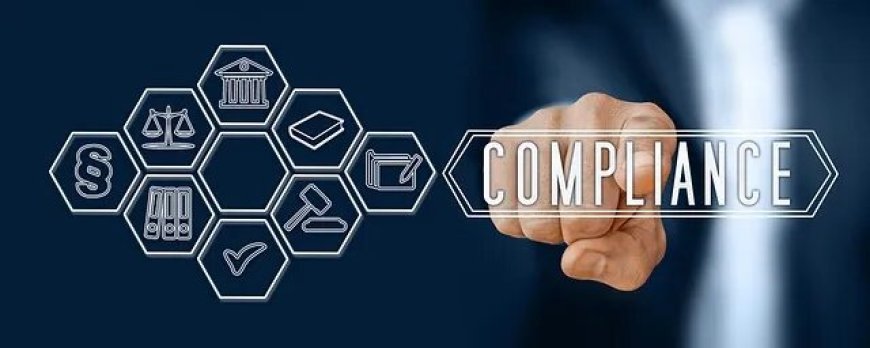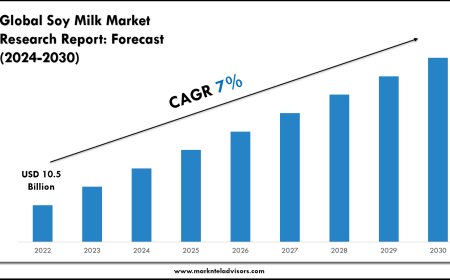How Are Compliance Directors Leading the RegTech Revolution?

In todays complex and rapidly evolving regulatory landscape, the convergence of technology and compliance has given rise to an industry-defining movement: Regulatory Technology (RegTech). At the heart of this transformation lies a key figurethe Compliance Director. As organizations adapt to increased regulatory scrutiny and digital disruption, Compliance Directors are not just keeping pace; they are actively driving the adoption of RegTech solutions to streamline operations, mitigate risks, and create more agile compliance frameworks.
This article explores the pivotal role Compliance Directors play in leading the RegTech revolution and how their strategic decisions are reshaping the compliance ecosystem.
The Changing Face of Compliance
The compliance environment has undergone a fundamental shift over the past decade. Heightened regulatory expectations, cross-border compliance obligations, and the growth of digital financial services have made manual compliance processes both inefficient and insufficient. Traditional tools often lack the speed, accuracy, and scalability required to manage these challenges.
This is where RegTech comes inleveraging technologies such as artificial intelligence (AI), machine learning, blockchain, and big data analytics to enhance regulatory monitoring, reporting, and risk management. However, the successful integration of these tools into corporate ecosystems hinges heavily on the leadership and vision of the Compliance Director.
The Strategic Role of Compliance Directors
Modern Compliance Directors are no longer confined to policy enforcement and risk documentation. Instead, they are transforming into strategic leaders and innovation champions who must:
Evaluate RegTech Solutions: With hundreds of RegTech vendors in the market, Compliance Directors assess which solutions best align with the organizations risk appetite, data infrastructure, and compliance objectives.
Bridge Gaps Between Technology and Regulation: Acting as the liaison between regulatory requirements and technical implementation, they ensure that digital tools are both effective and regulatorily sound.
Lead Change Management: Implementing RegTech requires cultural and operational change. Compliance Directors must gain stakeholder buy-in, lead training initiatives, and promote adoption across departments.
Ensure Scalability and Integration: They oversee how RegTech tools integrate with existing systems like KYC/AML software, transaction monitoring, and audit trails.
By fulfilling these roles, Compliance Directors not only support compliance efforts but also contribute to broader business efficiencies.
RegTech in Action: Key Use Cases
Compliance Directors are deploying RegTech in various high-impact areas, including:
Automated KYC and AML: Automating customer due diligence reduces onboarding times and enhances fraud detection, especially in sectors like banking, fintech, and insurance.
Real-Time Risk Monitoring: Machine learning algorithms can flag suspicious activities in real-time, enabling proactive responses to potential breaches or violations.
Regulatory Reporting: RegTech tools automate complex reporting tasks and ensure consistency across jurisdictions, reducing manual errors and audit risks.
Data Governance and Privacy: With data privacy regulations like GDPR and CCPA, Compliance Directors rely on RegTech to manage consent tracking, data storage, and compliance with data subject rights.
Each of these examples illustrates how Compliance Directors leverage technology to improve responsiveness and accuracy while cutting operational costs.
Compliance Director Hiring: A Critical Factor for RegTech Success
Organizations increasingly recognize that hiring the right Compliance Director is fundamental to RegTech success. Companies are not just seeking compliance experiencethey want leaders with a digital mindset. The ideal candidate understands both regulatory requirements and the capabilities of emerging technologies.
At Concilium Compliance Search, weve observed a growing demand for Compliance Directors who bring experience in digital transformation, data analytics, and cross-functional leadership. These professionals are expected to lead initiatives that go beyond compliance, adding strategic value across business units.
For businesses aiming to stay ahead of regulatory changes and technological shifts, investing in top-tier Compliance Hiring has never been more crucial.
Barriers to Adoptionand How Compliance Directors Overcome Them
While the RegTech landscape holds immense promise, its not without challenges:
Vendor Overload: The proliferation of RegTech providers can overwhelm decision-makers. Compliance Directors play a key role in due diligence, selecting vendors that offer transparency, security, and measurable ROI.
Budget Constraints: Compliance is often viewed as a cost center, making it difficult to secure funding. Strategic Compliance Directors justify investments by linking RegTech to long-term savings and risk reduction.
Data Silos: Many organizations have fragmented data systems. Compliance Directors help harmonize data across departments to unlock the full potential of RegTech solutions.
By navigating these barriers, Compliance Directors ensure that RegTech is not just a trend but a sustainable competitive advantage.
The Future Outlook: Compliance Directors as Innovation Catalysts
As regulatory expectations grow more complex and regulators increasingly embrace technology (e.g., through SupTechSupervisory Technology), Compliance Directors are positioned as central figures in ensuring compliance agility. Their leadership will continue to shape how firms interpret, adopt, and benefit from cutting-edge tools.
In the near future, we expect to see:
- Greater collaboration between RegTech startups and in-house compliance teams.
- Increased automation in regulatory reporting.
- More hybrid roles that blend compliance, data science, and operations.
Forward-thinking Compliance Directors will lead this charge, ensuring their organizations not only meet todays regulatory demands but also build resilience for tomorrows challenges.
Conclusion
The RegTech revolution is not merely about technologyits about leadership. Compliance Directors are stepping up as architects of change, leveraging digital innovation to build smarter, faster, and more responsive compliance frameworks.
For companies navigating this complex terrain, securing the right Compliance Director is more than a staffing decisionits a strategic imperative. As this role evolves, so too will the standards of excellence in compliance and risk management.
Concilium Compliance Search remains committed to connecting organizations with the visionary Compliance Directors who are shaping the future of RegTechone regulation at a time.







































